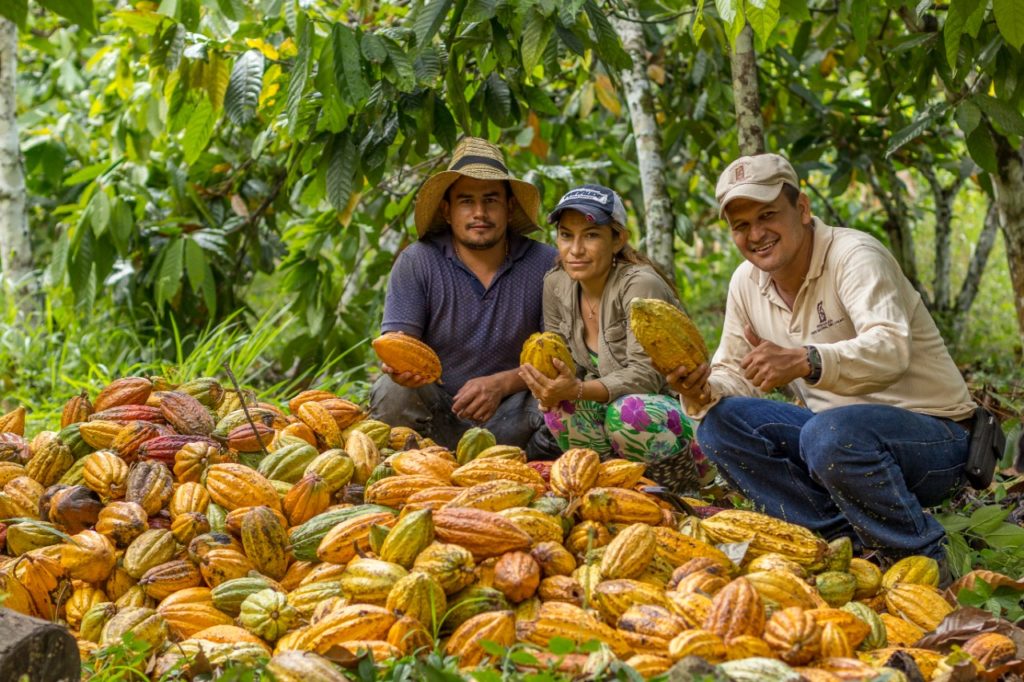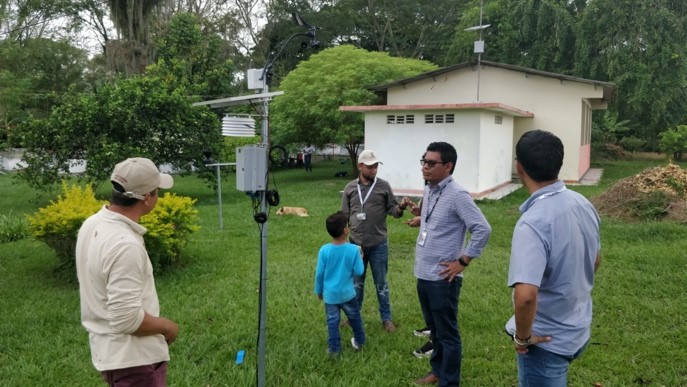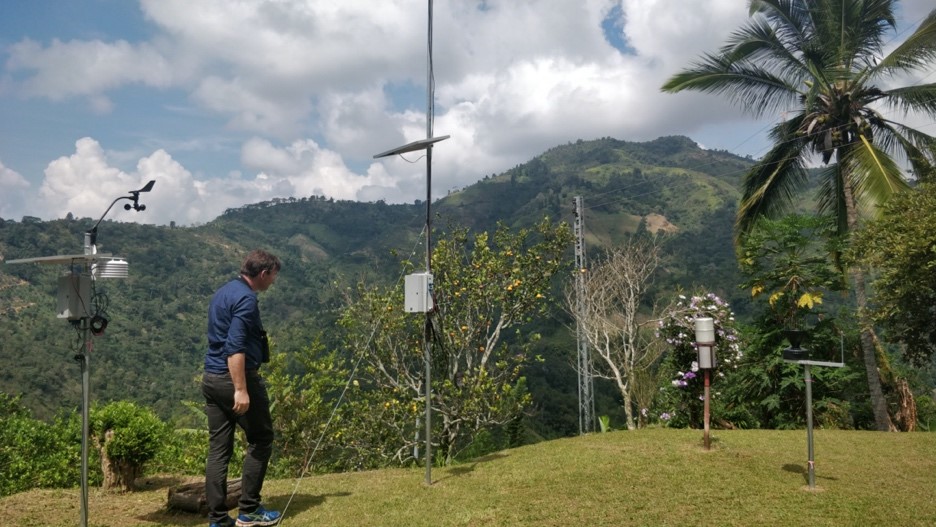
By Deborah Foy
Colombia is a paradise of biodiversity, with more species of birds than anywhere else on earth.
It is also home to some of the world’s finest chocolate. Around 95% of Colombia’s cacao exports are classed as ‘Fine Flavour’ by the International Cacao Organisation.
In 2018, Colombia produced over 56,000 tons of cacao beans, ranking it the world’s 10th largest producer. But cacao is not just important for the economy. It’s also increasingly viewed as a vital ‘Peace Crop’. By offering a viable alternative for generating income among small-scale producers, it could play an instrumental role in Colombia’s efforts to transition to peace after decades of internal conflict.
However, despite its promise, the cacao sector is massively underdeveloped. Very low levels of technology and investment mean that it’s falling far short of its potential. Yields per hectare have barely changed over the past 50 years.
A new research initiative, “Digitisation of cacao in Colombia”, is aiming to change this. By combining ‘Internet of Thing’ technologies with the latest in artificial intelligence and machine learning, the initiative aims to develop a data analytics platform that will improve the sustainability of cacao across the country and improve the livelihoods of thousands of smallholder cacao farmers.
Funded by the UK Government’s Agri-Tech Catalyst Fund, partners in the Agricompas-led “Digitisation of Cacao in Colombia” consortium include the Universities of Lincoln and Reading, farm extension specialist Solidaridad and the cacao association of Colombia, Fedecacao.
Together, the five partner organisations are creating digitally enabled decision support tools that will equip cacao farmers with more information and better insights. Better decision-making as a result will lead to improvements in productivity, yields and incomes. For example, climate change is bringing more extreme weather conditions to Colombia, leaving smallholder farmers vulnerable to unpredictable seasons. Digital tools will help these farmers to respond to new weather patterns – by knowing when to add pesticides and fertilisers, for example, or by identifying when efforts are needed to boost irrigation.
“Digitisation of Cacao” will also benefit actors across the entire cacao value chain – from insurance companies and agricultural credit institutions, to processors, buyers and chocolate manufacturers. The availability of near real time, affordable and accurate crop production knowledge will allow for the development of decision support modules that will offer sustainable solutions to some of the major challenges they face, such as risk-pricing.

In October 2019, an important milestone in the initiative was passed, with the project team successfully installing low-cost weather stations in both the trial sites. Carefully placed in optimal locations in the two departments of Valle de Cauca and Santander, the weather stations will collect data on variables such as air temperature, soil temperature, air humidity, sunlight and precipitation.

Roelof Kramer, CEO of Agricompas, comments, “This is an exciting development. Increasing smallholders’ capacity and crop production efficiency via digitisation really has a great potential to help Colombian cacao growers to exploit a growing global market for cacao”.